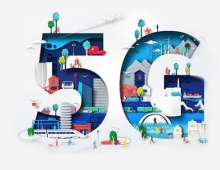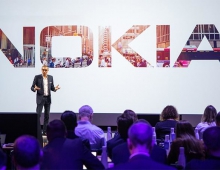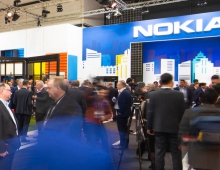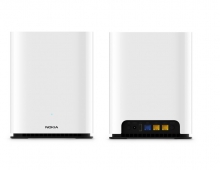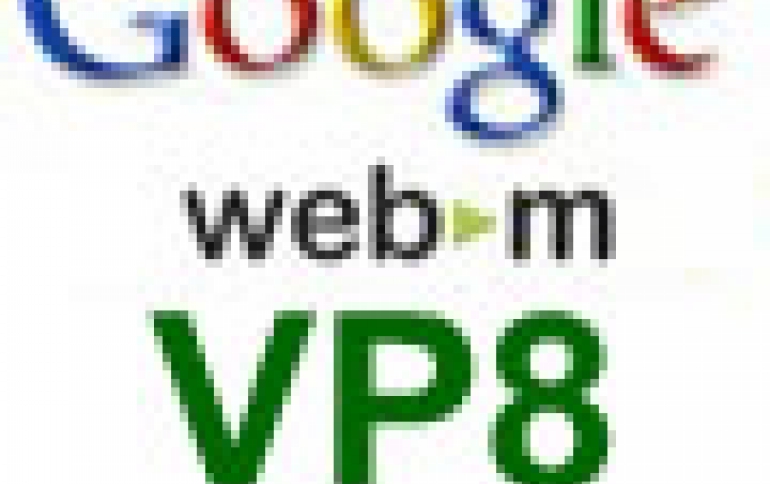
Nokia To Block Google's VP8 Video Codec
Nokia is not willing to license its patented technologies that might be essential to the VP8 video codec that is backed by Google.
The VP8 video codec was introduced by Google in 2010 and Google is trying to make it a worldwide standard. Google uses VP8 and the open source audio codec Vorbis in WebM, an open source project sponsored by Google that was released under a royalty-free license. Google plans to remove support in its Chrome browser for the H.264 codec and start supporting open codecs like WebM and Theora.
However, Nokia on Monday said that "a company" has been attempting to force the adoption of its proprietary technology, which infringes Nokia's intellectual property. Nokia on March 21 filed a list of patents with the Internet Engineering Task Force (IETF) that are allegedly infringed by VP8. Nokia is unwilling to grant VP8 the use of its intellectual property under any terms, it said in its intellectual property rights disclosure to the IETF.
In 2011, MPEG LA had been trying to gather the patents related to the VP8 codec by had calling on the patent owners to join forces in order to facilitate the development of a joint patent license to garner royalty payments.
Earlier this month MPEG LA and Google settled their dispute and signed a licensing deal. Under the agreement, MPEG LA would discontinue its efforts to form a VP8 patent pool and Google got a license to techniques that may be essential to VP8 as well as the right to sublicense them to VP8 users.
However, Nokia on Monday said that "a company" has been attempting to force the adoption of its proprietary technology, which infringes Nokia's intellectual property. Nokia on March 21 filed a list of patents with the Internet Engineering Task Force (IETF) that are allegedly infringed by VP8. Nokia is unwilling to grant VP8 the use of its intellectual property under any terms, it said in its intellectual property rights disclosure to the IETF.
In 2011, MPEG LA had been trying to gather the patents related to the VP8 codec by had calling on the patent owners to join forces in order to facilitate the development of a joint patent license to garner royalty payments.
Earlier this month MPEG LA and Google settled their dispute and signed a licensing deal. Under the agreement, MPEG LA would discontinue its efforts to form a VP8 patent pool and Google got a license to techniques that may be essential to VP8 as well as the right to sublicense them to VP8 users.



